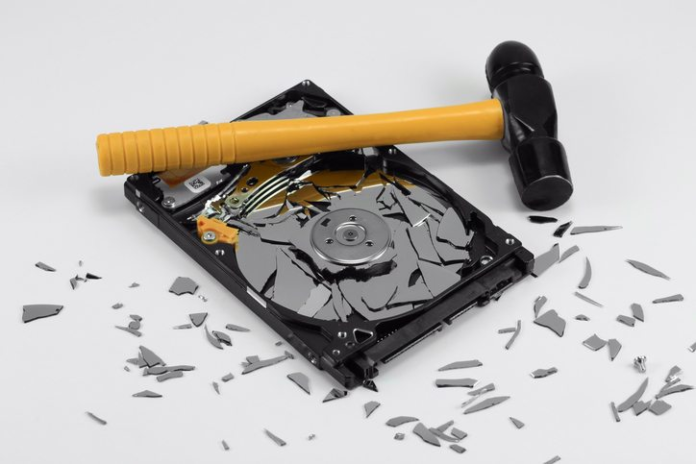In our increasingly digital world, safeguarding personal and corporate data has become a critical priority. Every day, businesses and individuals create, store, and share large volumes of sensitive information on various devices, including computers, phones, and servers. While these devices make work easier and more efficient, they also pose a risk when they are no longer needed. Secure data destruction is essential in preventing unauthorized access, data breaches, and identity theft, ensuring that outdated or discarded equipment doesn’t become a security threat.
Why Secure Data Destruction Matters
As technology evolves, so does the sophistication of cybercriminals looking to exploit unprotected data. Simply deleting files or reformatting a hard drive isn’t enough to protect sensitive information. Even when data seems to be erased, traces can remain accessible through specialized recovery techniques. Data breaches can lead to financial losses, legal consequences, and serious reputational damage for individuals and companies alike.
Proper data destruction eliminates the risk of sensitive data resurfacing, providing peace of mind that information such as financial records, personal information, proprietary business data, and confidential communications are fully erased and cannot be retrieved by unauthorized users.
Types of Data Destruction
There are multiple methods to securely destroy data, including:
- Physical Destruction: This method involves physically destroying the device to render it completely unusable, usually by crushing, shredding, or incinerating the hardware. This ensures that data is irretrievably destroyed, but it’s often irreversible and can result in e-waste if not done responsibly.
- Degaussing: Degaussing uses strong magnetic fields to scramble data on magnetic media, like hard drives, making the information unreadable. While effective, this method is mainly applicable to specific media types and may not be suitable for all storage devices.
- Software-Based Data Wiping: In this method, specialized software overwrites the data multiple times, making it nearly impossible to recover. This method is useful when equipment needs to be reused or recycled, as it leaves the hardware intact but erases sensitive data.
Legal and Compliance Considerations
With data privacy regulations like GDPR, HIPAA, and CCPA enforcing strict guidelines on data protection, businesses face significant penalties for failing to protect data properly. Secure data destruction helps organizations comply with these regulations, ensuring that outdated data doesn’t lead to violations. By implementing a secure data destruction policy, businesses show customers and stakeholders that they prioritize data privacy and regulatory compliance.
Benefits of Choosing a Professional Data Destruction Service
While DIY data destruction might seem like a cost-saving measure, hiring a professional service ensures complete, compliant data destruction. Professionals use advanced equipment and methods to guarantee that data is thoroughly destroyed and can provide certification, giving you documented proof of compliance. Additionally, professional data destruction services often handle e-waste disposal responsibly, protecting the environment while securing data.
Don’t leave your sensitive information at risk. Whether you’re upgrading office technology, clearing out old devices, or simply need to securely dispose of confidential data, professional data destruction is your best option. At eCycle Florida, we specialize in secure data destruction and electronic recycling, helping businesses and individuals protect their data and the environment. Contact us today to learn more about our secure data destruction services and ensure that your information is permanently out of reach.
This post was written by Steven Elia Co-Founder and Recycling Director at eCycle Florida. eCycle Florida is a R2 Certified electronics recycling company in the state of Florida. Our processes and procedures are dedicated to the proper destruction and recycling of your electronics. eCycle Florida is your go-to when looking for an electronic recycling center in Tampa.

